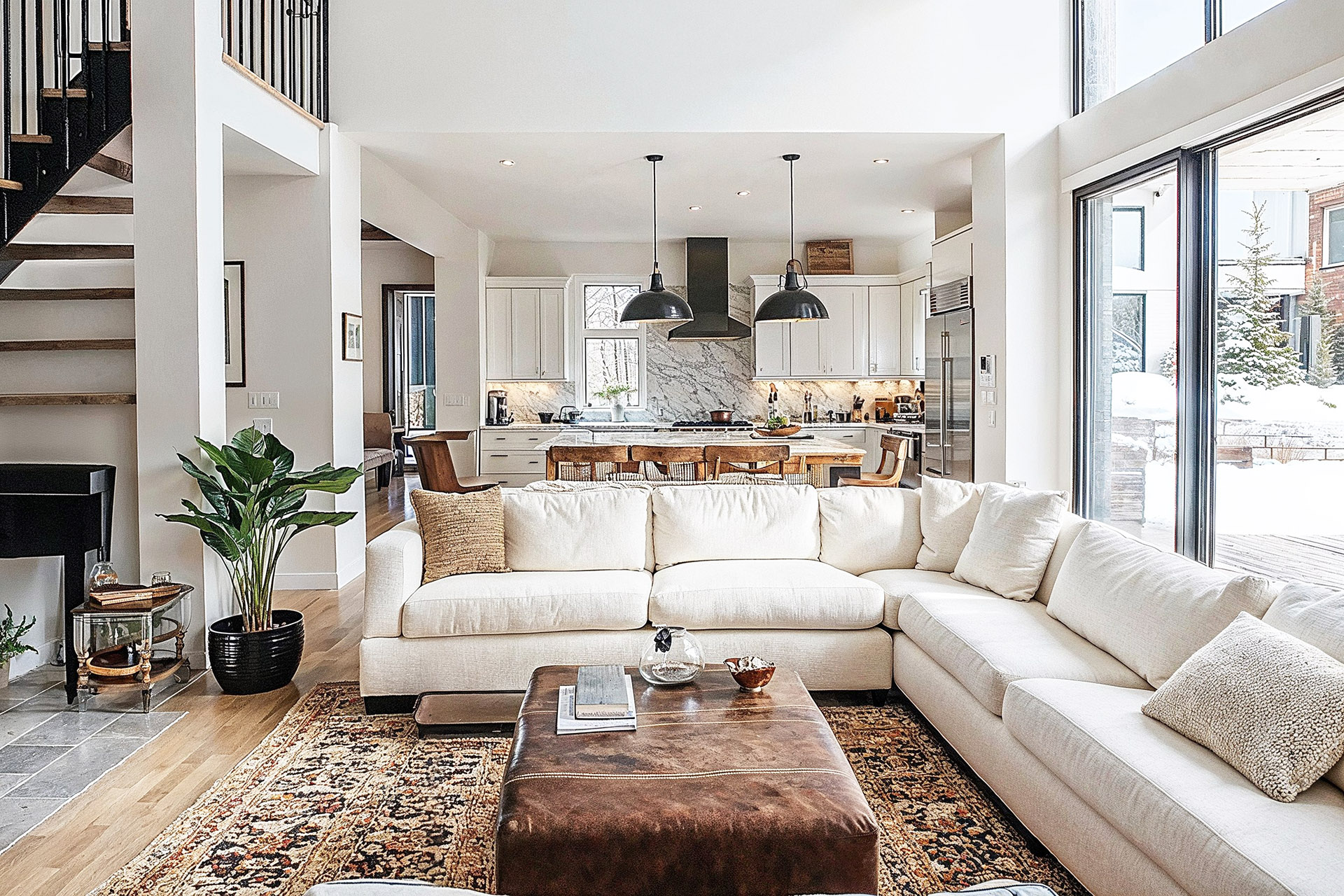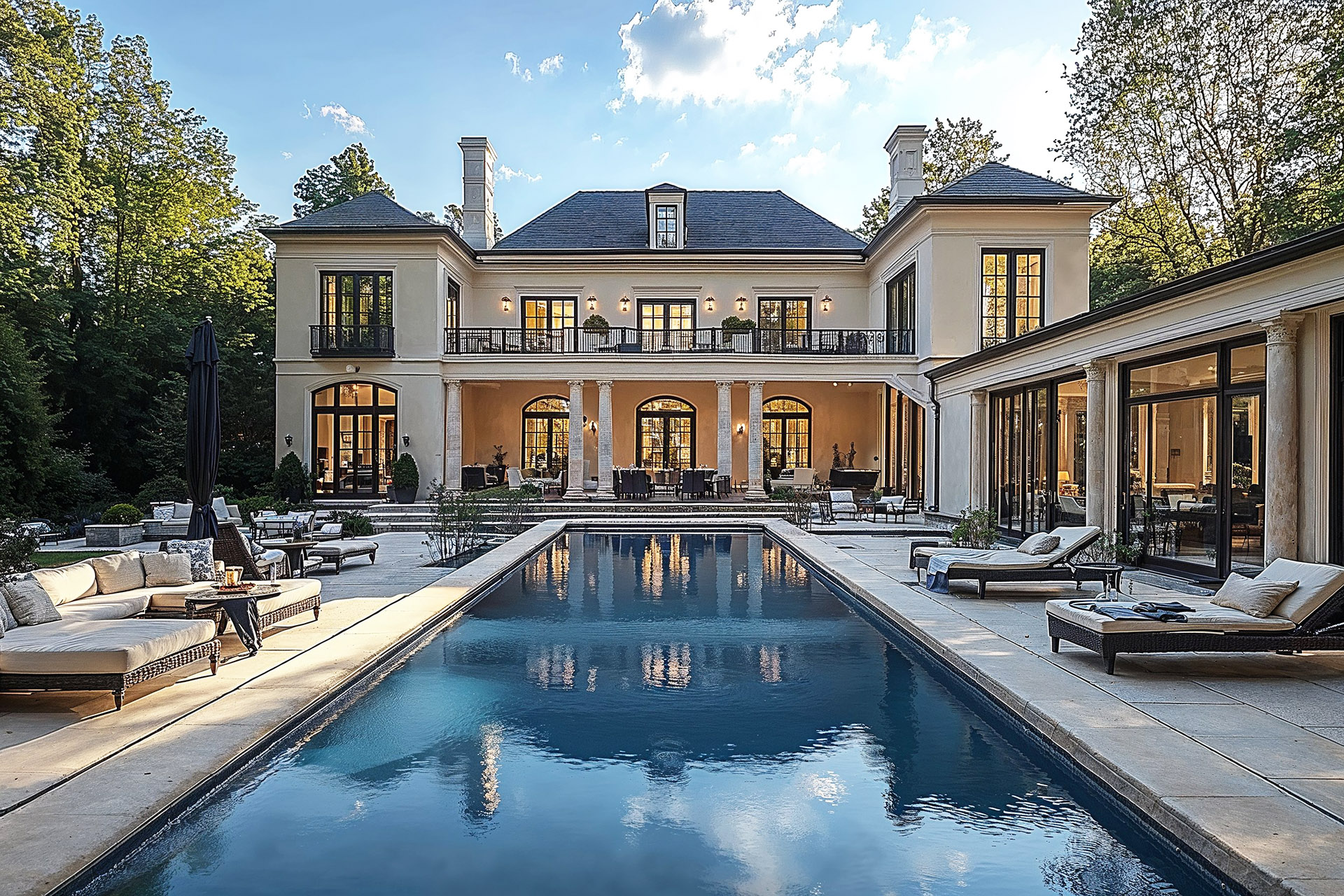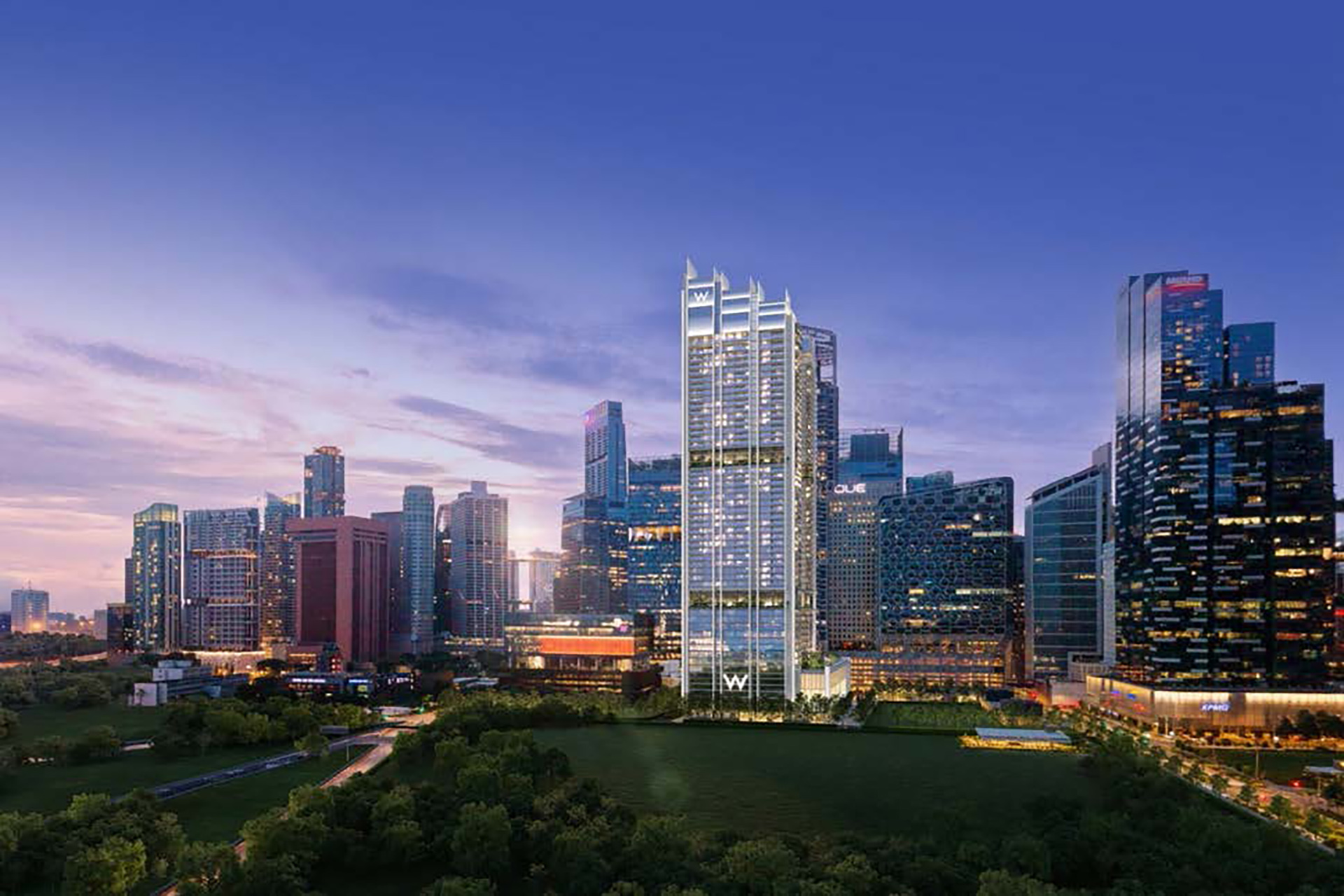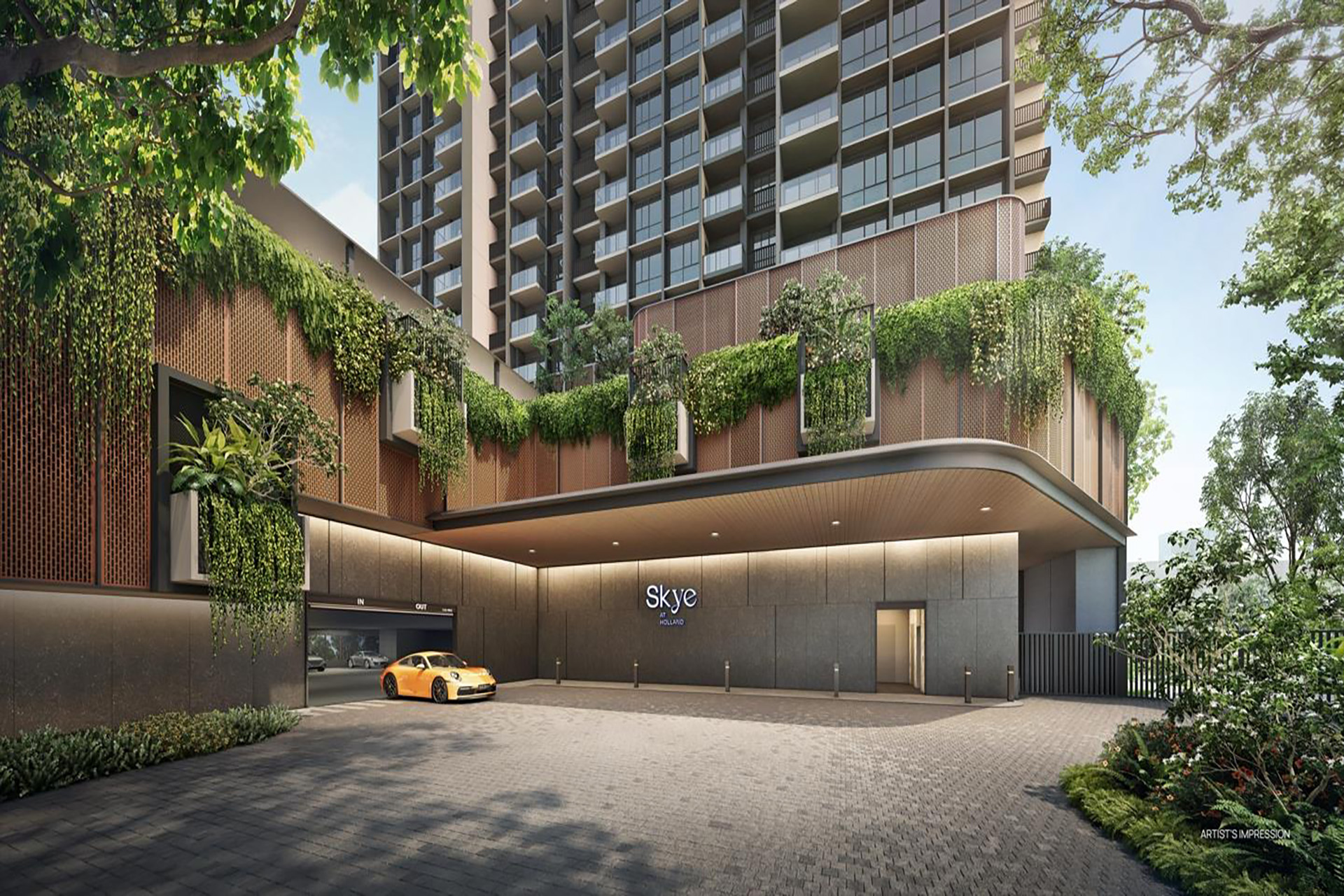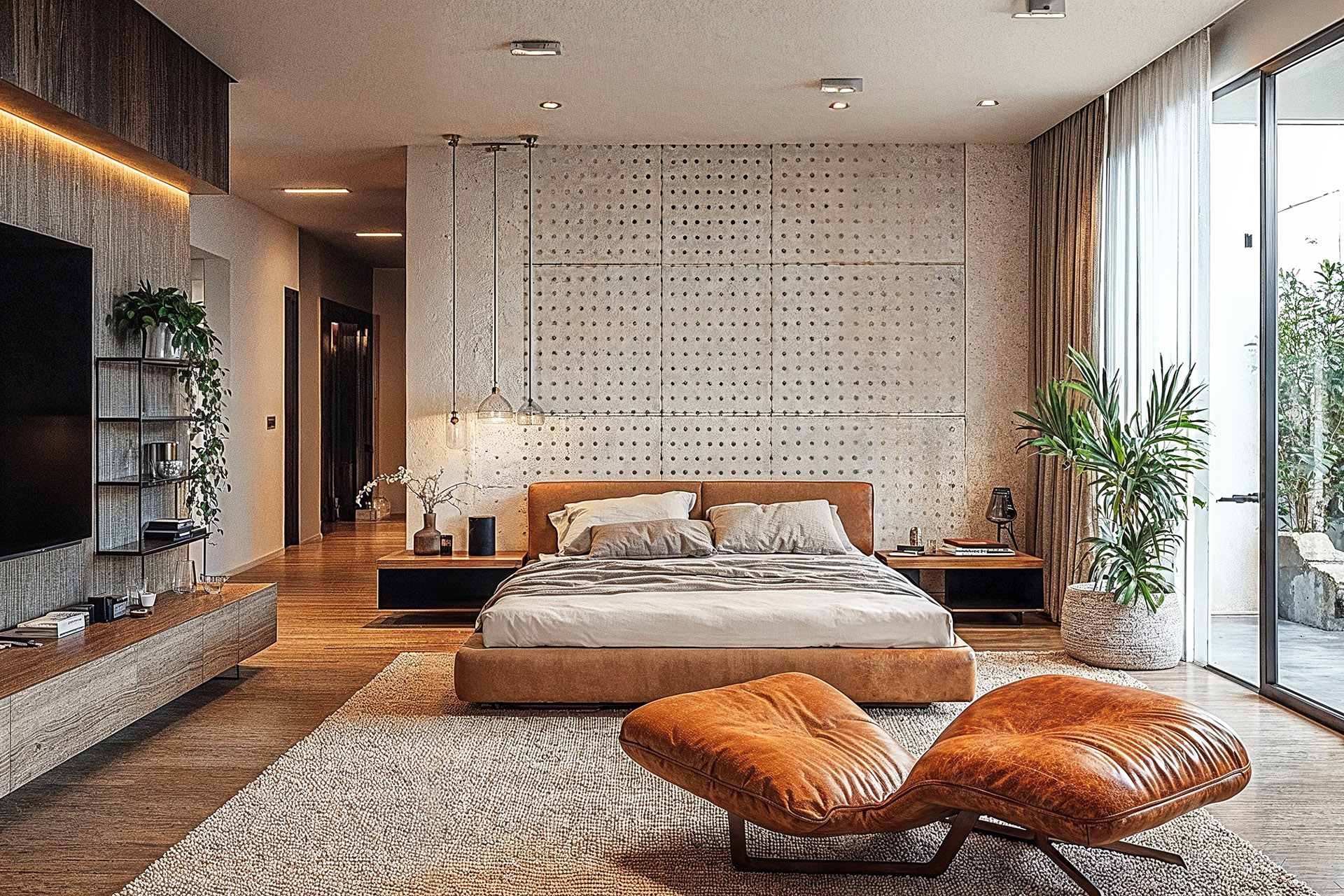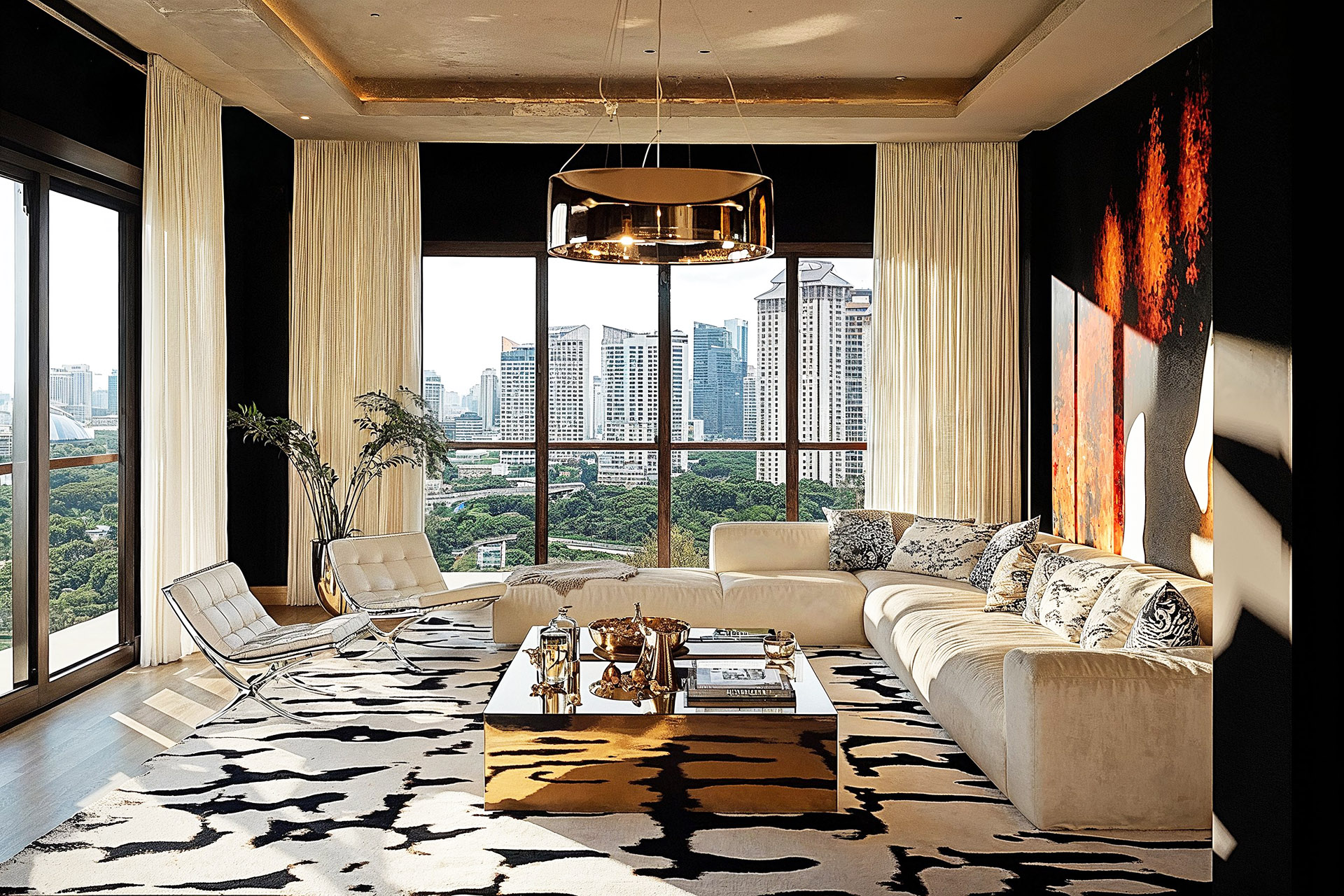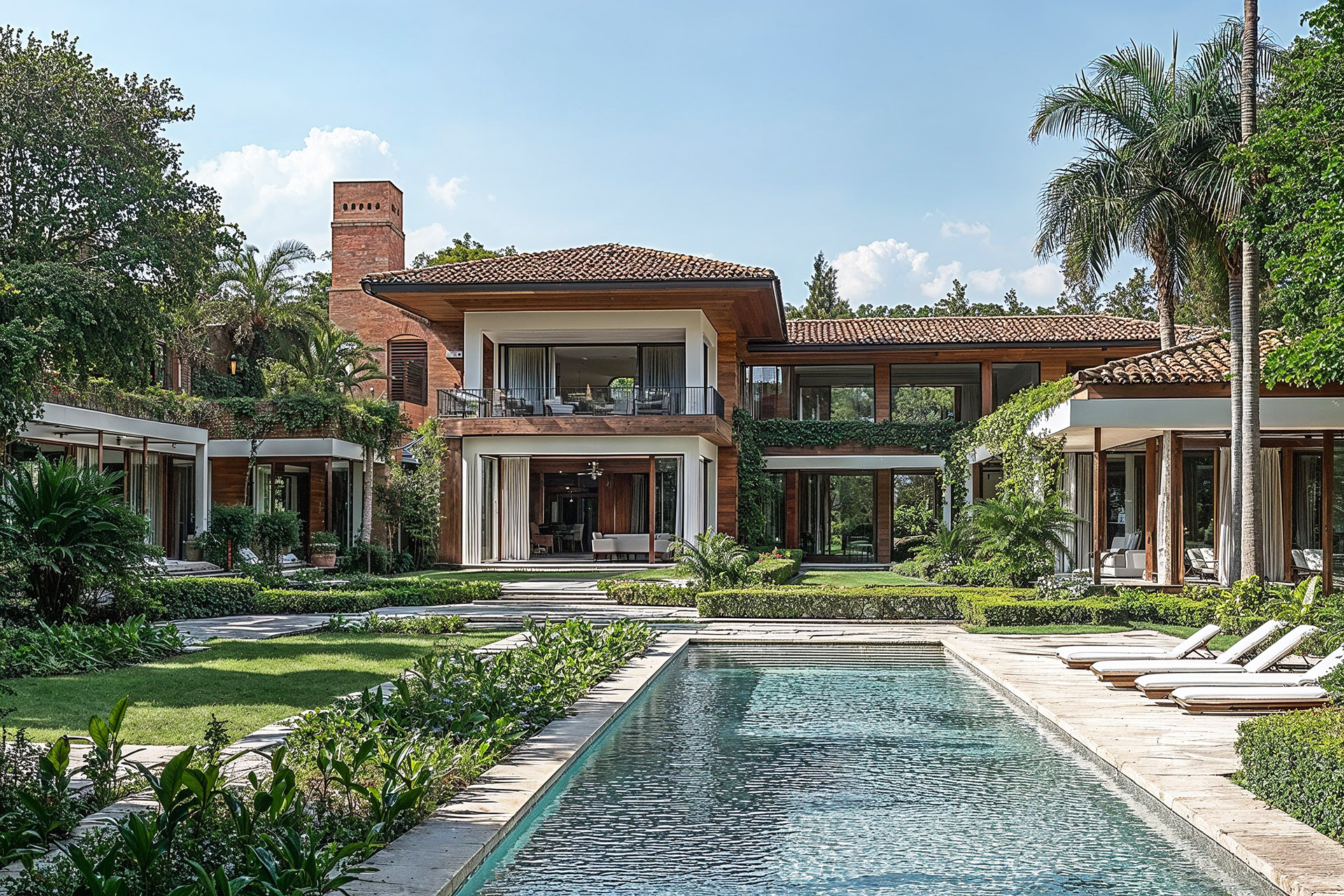Singapore, with its robust economy, political stability, and cosmopolitan lifestyle, continues to attract foreign investors and expatriates looking to establish an economic foothold in the Asia-Pacific region. One of the most sought-after entryways to Singapore’s economy is the city-state’s thriving property market. Though it offers various opportunities for foreigners buying property in Singapore, navigating its real estate market requires careful consideration. It’s important to understand the different property types, including private condominiums, landed properties and HDB flats, as each type has its own regulations and restrictions.
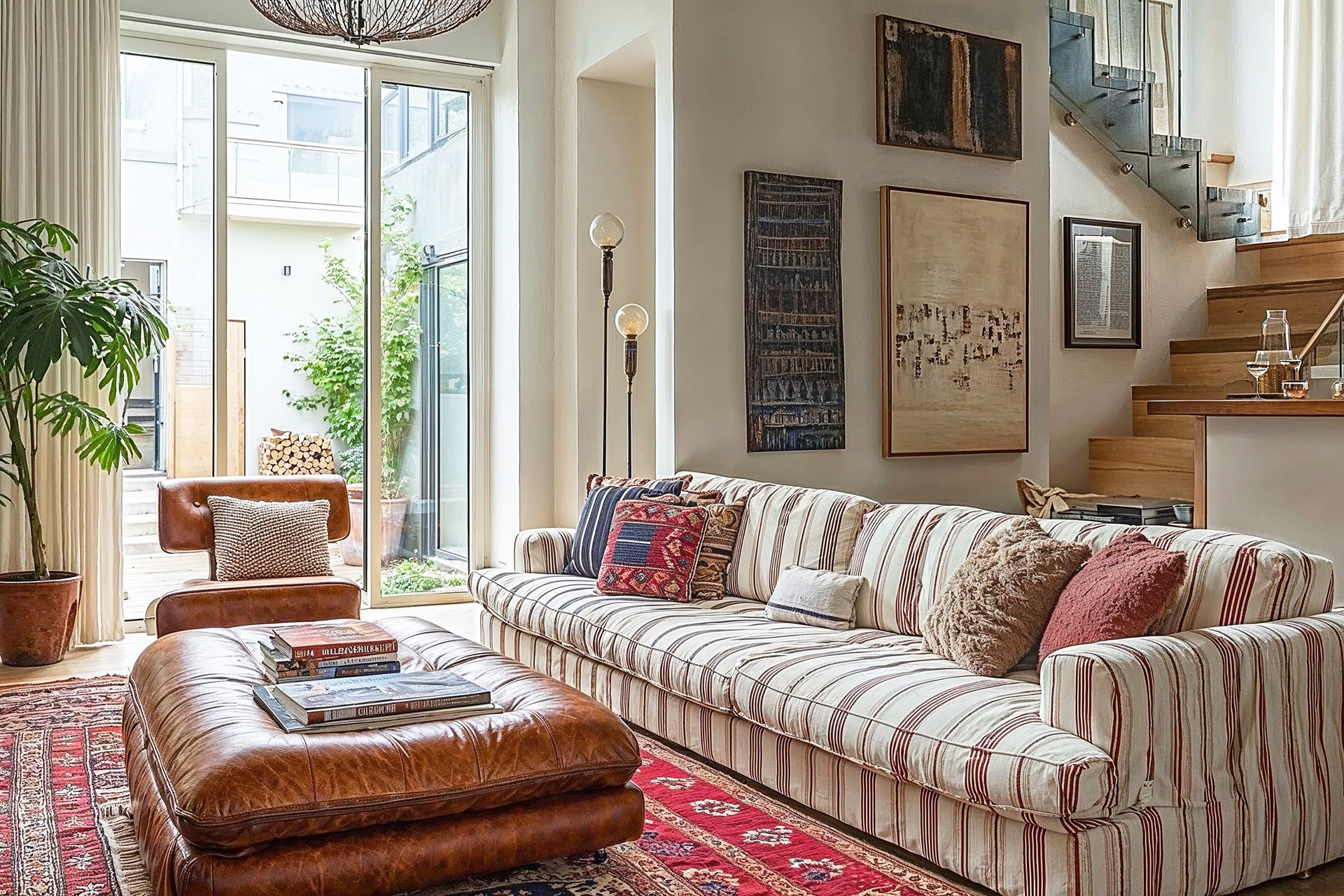
Introduction to Singapore’s Property Market
Singapore’s property market is a thriving and dynamic sector, attracting investors and homebuyers worldwide. Part of the reason for its attractiveness is that the Singapore government regulates the market and has implemented various measures to ensure stability and sustainability.
According to PropNex, foreigners (non-PRs) made up 4.7% of all new and resale private home transactions – both landed and non-landed – based on URA’s REALIS data. Notably, American buyers have overtaken Chinese nationals in non-landed private home purchases.
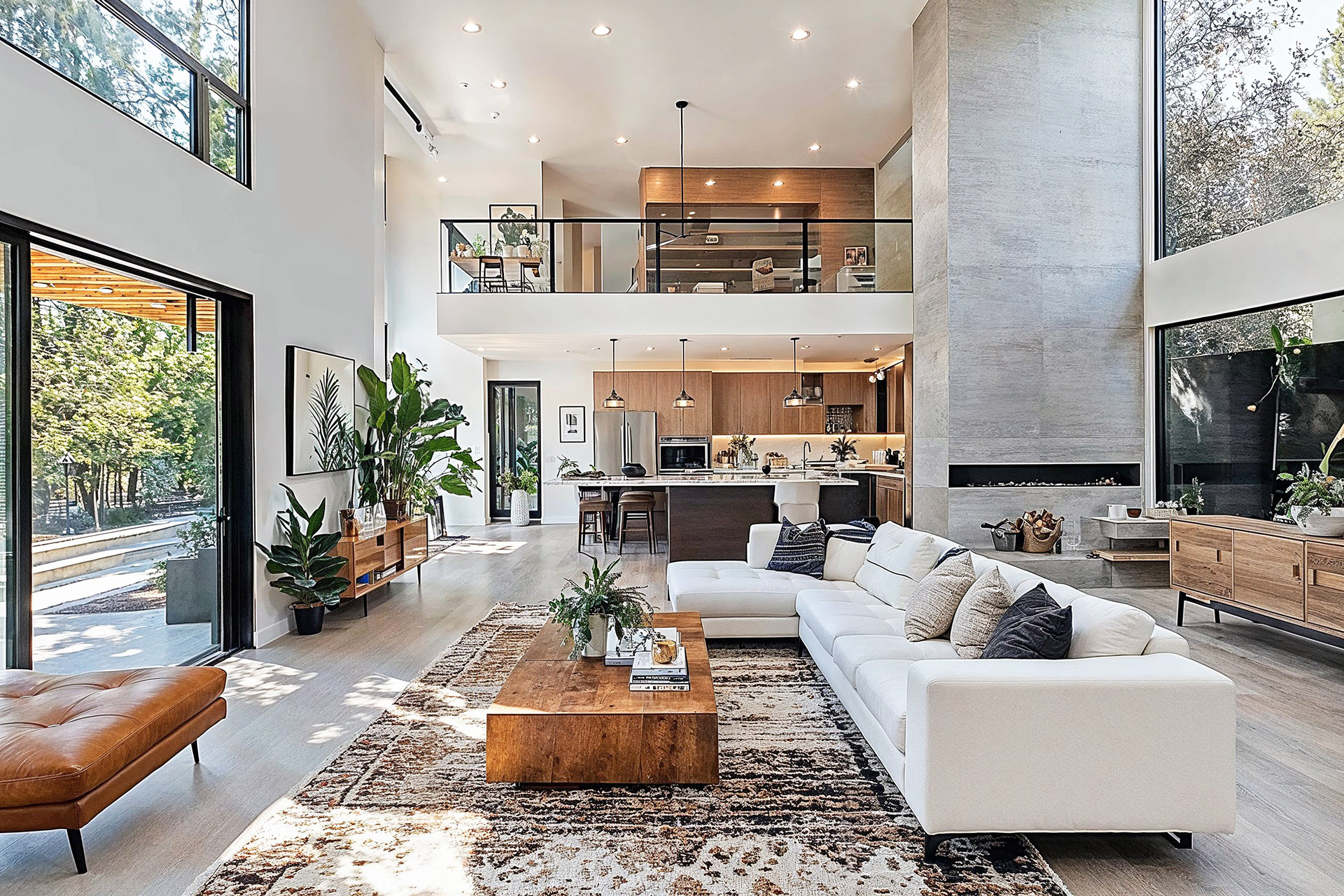
Can Foreigners Buy Property in Singapore?
Foreigners can buy property in Singapore, but with certain restrictions. Singapore’s government maintains careful control over foreign ownership of residential properties to safeguard the interests of its citizens. Foreign property ownership is subject to strict criteria, including approval from the Land Dealings Approval Unit (LDAU) and land size and usage limitations.
Foreign buyers face fewer restrictions when purchasing non-landed properties, such as condominiums and apartments. However, foreigners buying landed properties in Singapore, such as bungalows, semi-detached houses and terraced houses, typically must receive approval from the Singapore Land Authority (SLA), which is granted only in exceptional circumstances. Additionally, all property owners, including foreigners, are obligated to pay property tax, which is calculated based on the property’s annual value and depends on whether the property is owner-occupied.
The property price significantly affects various financial obligations, including the buyer’s stamp duty, which also varies depending on the type of property and its purchase price.
Obtaining Permanent Resident (PR) status can expand property ownership options for foreigners seeking to reside permanently in Singapore. PRs enjoy more flexibility than non-resident foreigners buying property in Singapore, though they still face certain limitations compared to citizens.
Notably, foreigners from the United States and Switzerland benefit from special provisions under Free Trade Agreements with Singapore, which allow them to purchase certain landed properties without prior approval—an advantage not extended to other nationalities. However, this agreement does not grant them access to every landed property. Some will still require SLA approval.
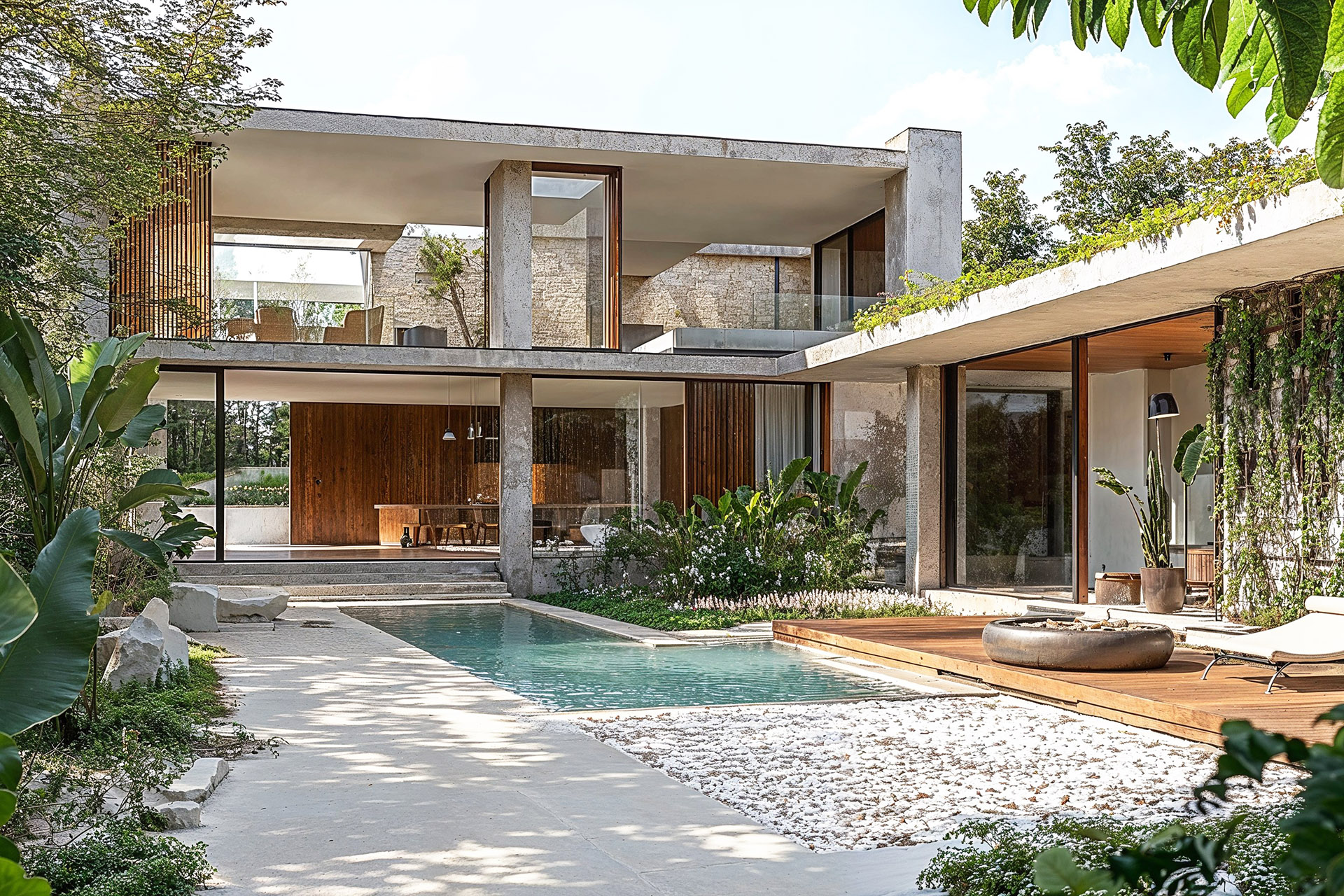
Eligibility Criteria for Foreigners Buying Property
Foreigners who wish to buy property in Singapore must meet certain eligibility criteria. They must be at least 21 years old and have a valid passport. Foreigners buying property in Singapore must also comply with the Residential Property Act, which regulates the purchase of residential properties by non-citizens and specifies which properties are available. Foreigners must also obtain prior approval from the Land Dealings Approval Unit to buy landed properties or strata landed houses. Additionally, there are financial considerations, such as the Additional Buyer’s Stamp Duty (ABSD), which applies to foreigners purchasing property in Singapore, with rates ranging from 5% to 60% of the purchase price.
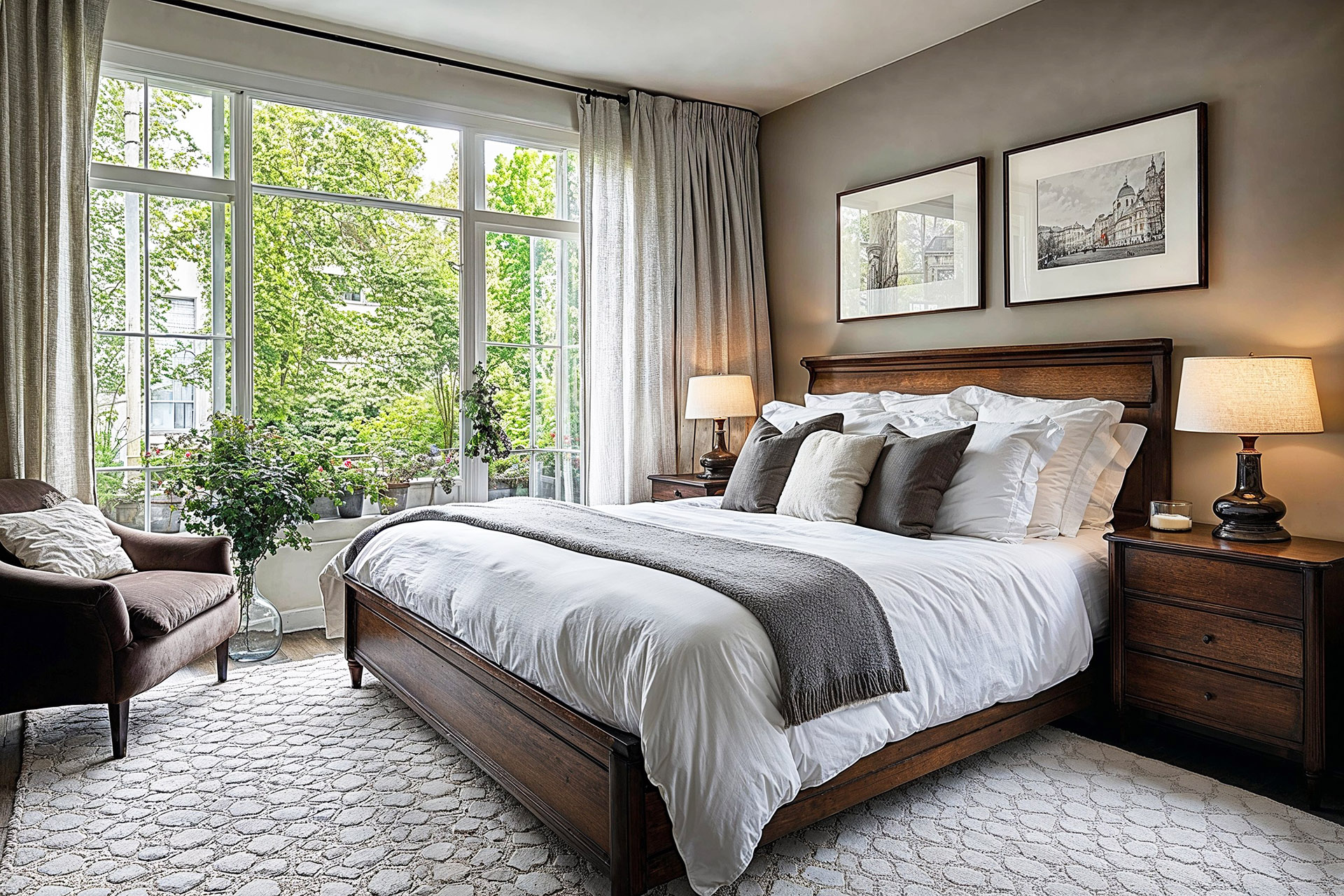
Different Property Types Available in Singapore
Singapore’s property market offers diverse options catering to various preferences and budgets, encompassing multiple property types. Understanding these categories enables foreign buyers to make more informed choices.
Private Condominiums and Apartments
These private residential developments represent the most accessible entry point for foreign buyers. Approved condominium developments, categorised under strata landed houses, do not require prior approval from the Singapore Land Authority for purchase, making them an attractive option for eligible foreign buyers.
Public Housing (HDB Flats)
Singapore’s public housing program, managed by the Housing Development Board (HDB), houses approximately 80% of the population. The HDB oversees the regulations and restrictions regarding purchasing public housing flats, ensuring they are primarily reserved for Singapore Citizens and Permanent Residents. While foreigners cannot directly purchase new HDB flats, they may acquire resale HDB flats under specific conditions, typically requiring at least one buyer to be a Singapore citizen and meeting other eligibility criteria.
Executive Condominiums (ECs)
These hybrid public-private housing options initially operate under HDB rules before being fully privatised after 10 years. Foreigners can only purchase ECs after this privatisation period.
Landed Properties
This category includes bungalows, semi-detached, terraced and Good Class Bungalows (GCBs). As mentioned, non-resident foreigners face significant restrictions when attempting to purchase landed property, with approval rarely granted except in designated areas like Sentosa Cove. Foreigners looking to buy landed residential property must obtain approval from the SLA.
Commercial Properties
Commercial real estate, including office buildings, retail spaces, and industrial properties, generally has fewer restrictions on foreign ownership than residential properties. This means that foreigners can buy commercial property in Singapore, making it an attractive alternative for international investors seeking exposure to Singapore’s property market. Non-residential properties, such as commercial and industrial spaces, also have lower buyer’s stamp duty rates, which can benefit investors financially.
Shophouses with Commercial Zoning
Foreigners can purchase these distinctive architectural properties when designated for commercial use. Importantly, they cannot be used for residence.
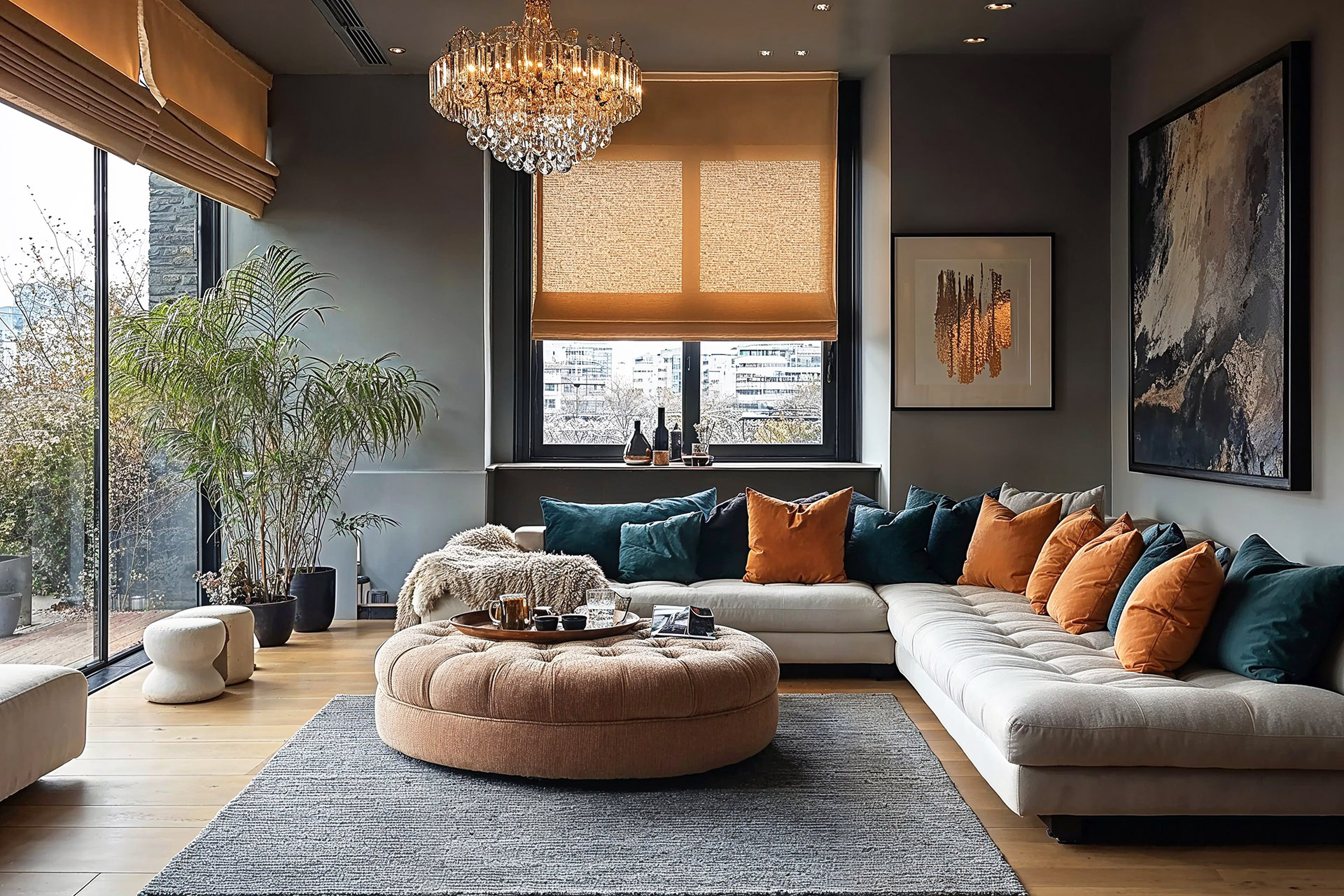
What Types of Real Estate Can Foreigners Buy in Singapore?
For most foreigners considering property investment in Singapore, these are the primary available options, based on their residence status and citizenry:
| Foreigner Status | Property Type |
| Non-PR Foreigner | Private non-landed residential propertiesCommercial propertiesPrivatised Executive Condominiums (ECs)Specific landed properties in Sentosa CoveShophouses with commercial zoning |
| PR Buying Alone | Resale ECs that have passed their 5-year Minimum Occupation Period (MOP)Private non-landed residential property |
| PR Buying with Another PR | A resale HDB flat (after both have held PR status for at least three years)A resale EC (after its 5-year MOP)A privatised EC (more than 10 years old)Private non-landed residential property |
| PR Buying with a Non-PR Foreigner | A resale EC (after its 5-year MOP)A privatised EC (more than 10 years old)Private non-landed residential property |
| Non-PR Couple Buying Together | A privatised EC (more than 10 years old)Private non-landed residential propertyHDB flats of any type are not available. |
| Singaporean-Foreigner Couple | A 2-room Flexi BTO flat in non-mature estatesMost resale HDB flats, except 3Gen flats and Prime Location Housing (PLH) flatsPrivate non-landed residential propertyNote: The non-citizen spouse cannot be listed as a co-owner of the HDB flat but may be included as an essential occupier. |
When considering a property’s purchase price, it’s essential to factor in financial calculations and taxation, such as the Loan-to-Value (LTV) ratios and applicable tax rates like the Buyer’s Stamp Duty (BSD) and Additional Buyer’s Stamp Duty (ABSD).
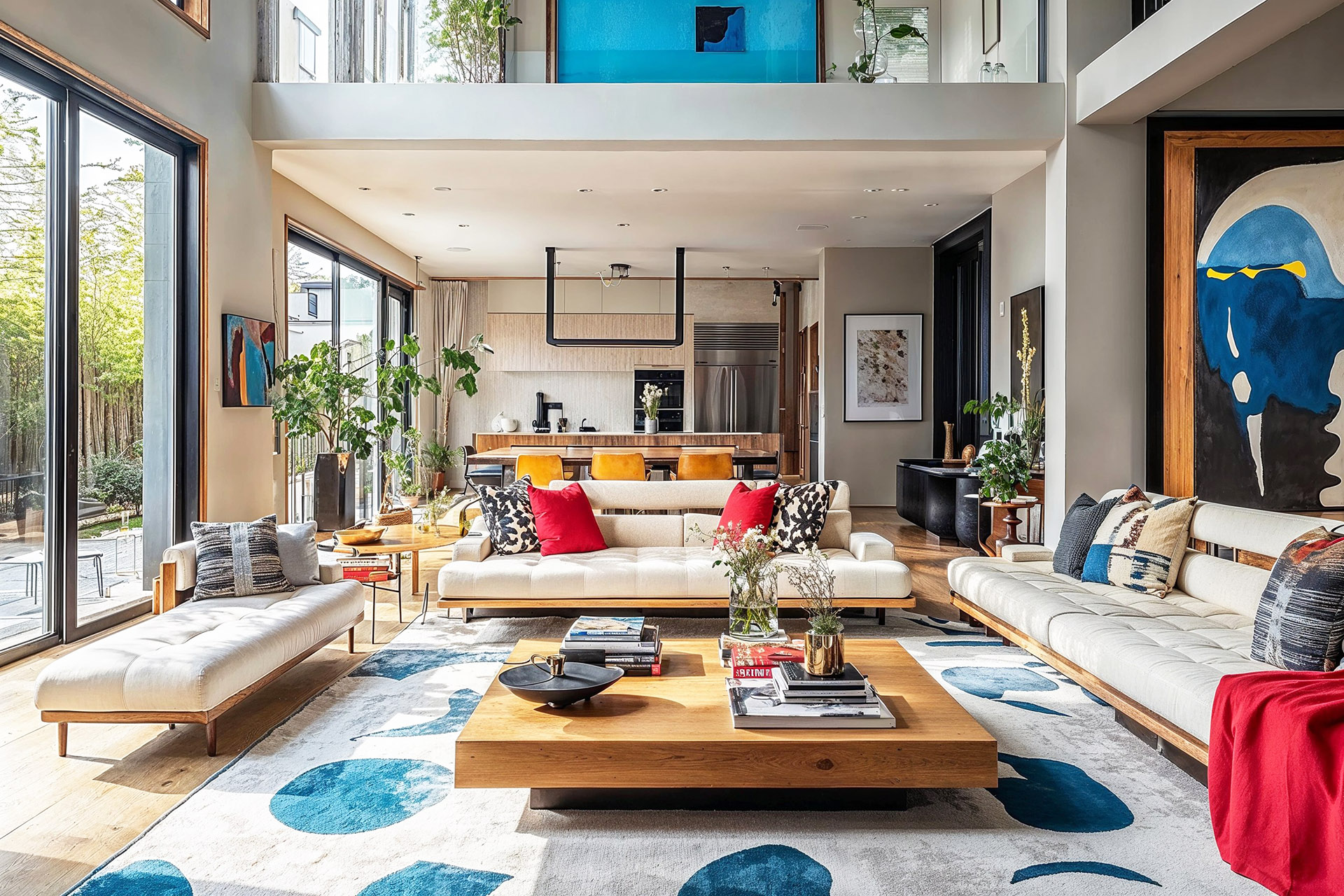
ABSD for Foreigners and Exempt Countries
One of the most significant considerations for foreigners buying property in Singapore is the aforementioned Additional Buyer’s Stamp Duty (ABSD). This tax measure was implemented to moderate foreign investment and speculation in the residential property market.
Currently, non-resident foreigners face an ABSD rate of 60% on residential property purchases—a substantial premium designed to cool foreign speculation in the market. For Singapore Permanent Residents, the ABSD stands at 5% for their first residential property purchase and 30% for subsequent properties.
Importantly, citizens from the United States, Switzerland, Liechtenstein, Norway and Iceland benefit from exemptions under Free Trade Agreements with Singapore. These nationals are treated like Singapore Permanent Residents for ABSD purposes, paying significantly lower rates than other foreigners.
For foreigners planning substantial property investments, it’s worth noting that Integrated Development properties (those combining commercial and residential components) may offer certain stamp duty advantages, as ABSD may not apply to the commercial portion of such developments.
